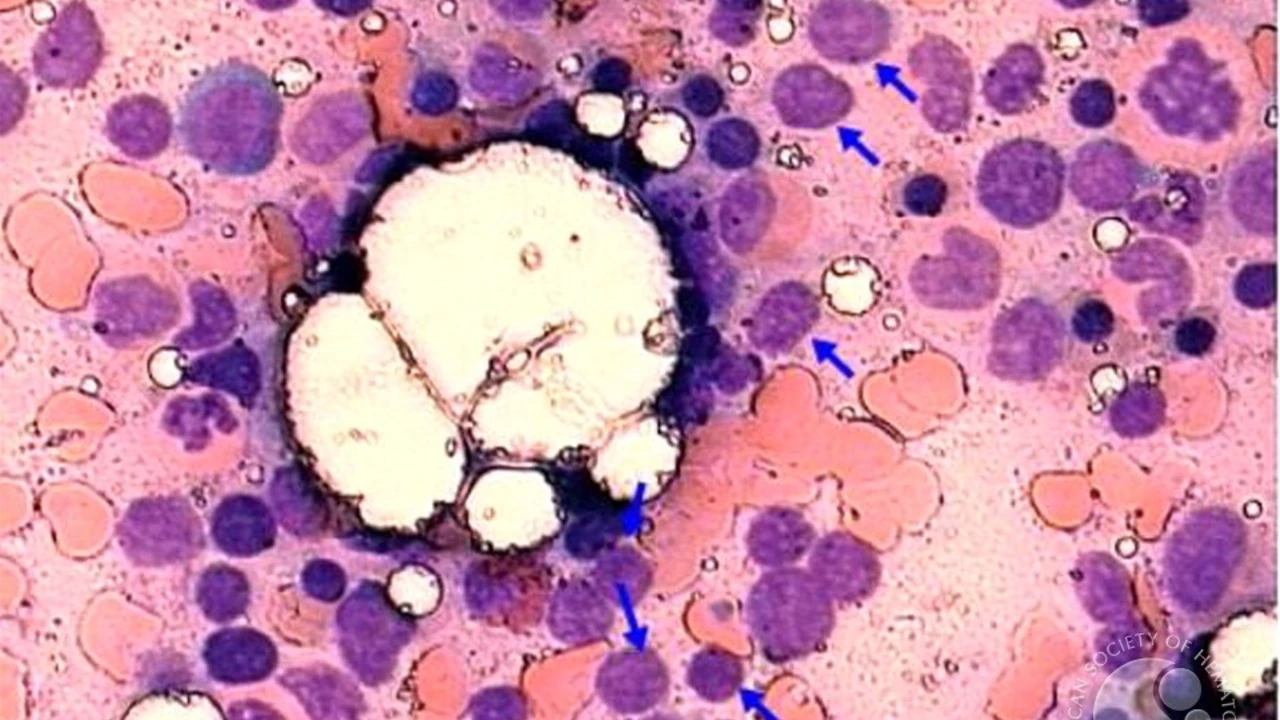Chronic Lymphocytic Leukemia (CLL): What You Should Know
If you or someone you care about has CLL, you probably want straight answers without medical fluff. CLL is a slow-growing blood cancer that affects a kind of white blood cell called a lymphocyte. Many people have few or no symptoms at first. Others notice tiredness, swollen lymph nodes, or frequent infections. Knowing what to watch for and how doctors diagnose and treat CLL helps you take control.
Symptoms & Diagnosis
Common signs include persistent fatigue, painless lumps in the neck/armpit/groin (enlarged lymph nodes), night sweats, unexplained weight loss, and repeated infections. These symptoms can be from other causes too, so a blood test is usually the first step.
Diagnosis often starts with a complete blood count (CBC). If lymphocytes are high, doctors use flow cytometry to check cell type and markers specific to CLL. Sometimes a bone marrow biopsy or CT scan helps stage the disease and rule out other problems. Staging tells your medical team whether immediate treatment is needed or if monitoring is the best choice.
Treatment Options & Living with CLL
Not everyone with CLL needs treatment right away. Many people do well with "watch and wait"—regular checkups and blood tests until there’s a reason to start therapy. When treatment is needed, options have improved a lot in recent years:
- Targeted drugs (for example, BTK inhibitors and BCL-2 inhibitors) act on cancer cells more precisely than older chemo. They often work well and have manageable side effects.
- Chemo-immunotherapy combines chemo with an antibody drug to boost results in some patients.
- Monoclonal antibodies target proteins on CLL cells and help the immune system clear them.
- In rare cases, stem cell transplant may be considered for younger patients or aggressive disease.
Treatment choice depends on your age, overall health, CLL stage, and genetic markers found on the cancer cells. Talk to a hematologist who treats blood cancers—getting a second opinion is reasonable if you’re uncertain.
Living with CLL means paying attention to infection risk. Keep up with vaccines your doctor recommends, wash hands, and avoid close contact with sick people. Report fevers or new symptoms quickly. Routine blood work will track how you’re doing, and many people with CLL live years with good quality of life.
Mental health matters. Facing a cancer diagnosis is stressful. Look for local or online support groups, ask your care team about counseling, and lean on family when you need help with appointments and medications.
If you want deeper reading, our site has articles on survivorship and life after leukemia treatment, plus practical drug guides and safety tips. Use the Contact page if you need resources or guidance on finding a specialist. You've got a team — and information — to help you through this.

 Nov, 8 2023
Nov, 8 2023